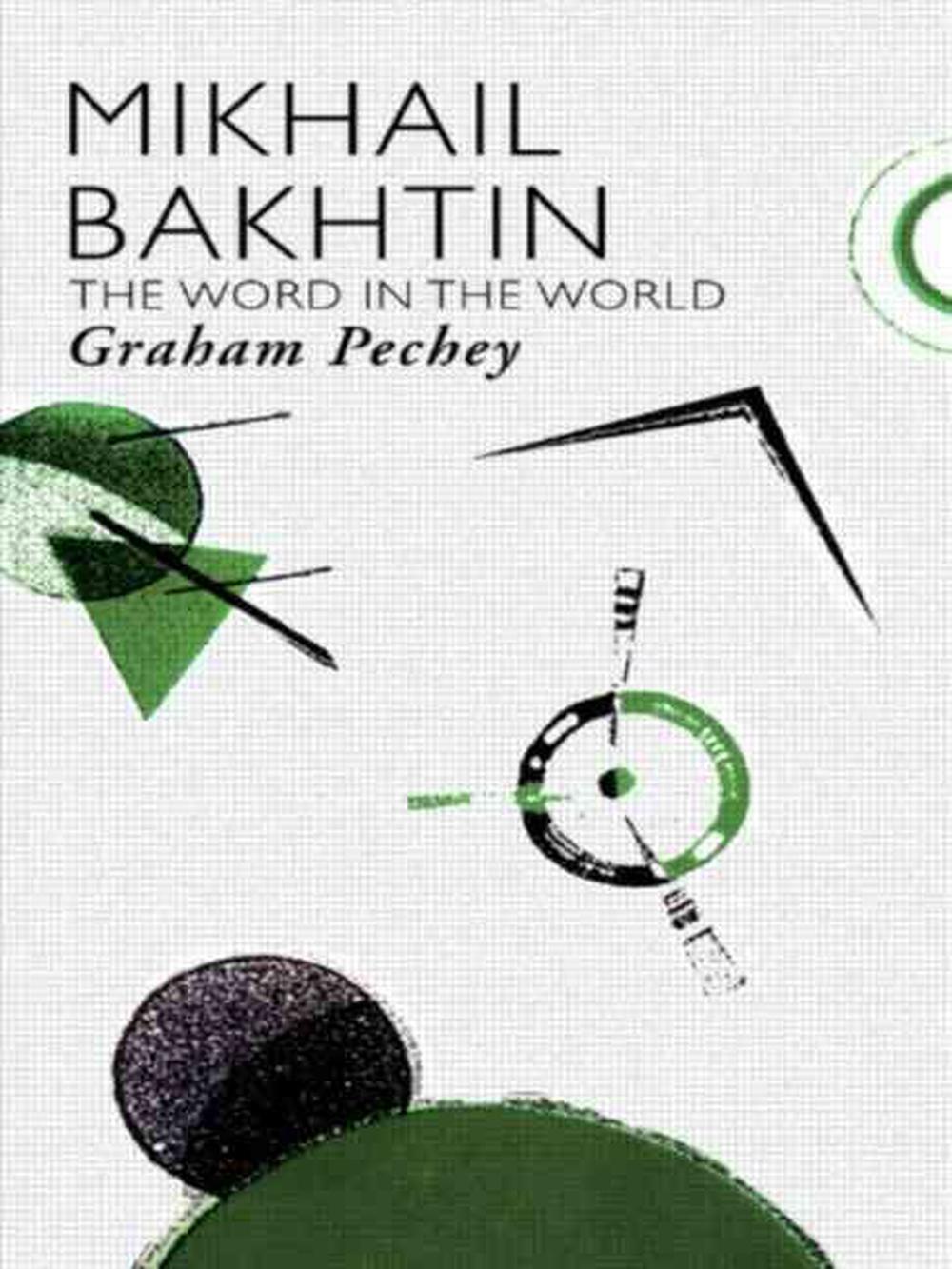
When you click on links to various merchants on this site and make a purchase, this can result in this site earning a commission. Affiliate programs and affiliations include, but are not limited to, the eBay Partner Network.
Mikhail Bakhtin: The Word in the World by Graham Pechey (English) Paperback Book

- Item No : 146605234130
- Condition : Brand New
- Brand : No brand Info
- Seller : the_nile
- Current Bid : US $68.36
-
* Item Description
-
The Nile on eBay

Mikhail Bakhtin
by Graham Pechey
Presenting a commentary on Bakhtin's texts, this book focuses on the influence of Eastern Orthodox Christianity upon his thinking and Bakhtin's use of literary criticism and hermeneutics as ways of 'doing philosophy by other means'.
FORMAT
PaperbackLANGUAGE
EnglishCONDITION
Brand New
Publisher Description
Mikhail Bakhtin is one of the most influential theorists of philosophy as well as literary studies. His work on dialogue and discourse has changed the way in which we read texts – both literary and cultural – and his practice of philosophy in literary refraction and philological exploration has made him a pioneering figure in the twentieth-century convergence of the two disciplines.In this book, Graham Pechey offers a commentary on Bakhtin's texts in all their complex and allusive 'textuality', keeping a sense throughout of the historical setting in which they were written and of his own interpretation of and response to them. Examining Bakhtin's relationship to Russian Formalism and Soviet Marxism, Pechey focuses on two major interests: the influence of Eastern Orthodox Christianity upon his thinking; and Bakhtin's use of literary criticism and hermeneutics as ways of 'doing philosophy by other means'.
Back Cover
Mikhail Bakhtin is one of the most influential theorists of philosophy as well as literary studies. His work on dialogue and discourse has changed the way in which we read texts '
Table of Contents
1. Boundaries versus Binaries 2. Aesthetics and the Avant-Garde 3. Syntax and its Subversion 4. Chronotopicity and Conceptuality 5. The Novel and its Others 6. Eternity and Modernity 7. Philosophy and Theology 8. 'First Philosophy' and the 'First' Bakhtin
Long Description
Mikhail Bakhtin is one of the most influential theorists of philosophy as well as literary studies. His work on dialogue and discourse has changed the way in which we read texts both literary and cultural and his practice of philosophy in literary refraction and philological exploration has made him a pioneering figure in the twentieth-century convergence of the two disciplines.In this book, Graham Pechey offers a commentary on Bakhtins texts in all their complex and allusive textuality, keeping a sense throughout of the historical setting in which they were written and of his own interpretation of and response to them. Examining Bakhtins relationship to Russian Formalism and Soviet Marxism, Pechey focuses on two major interests: the influence of Eastern Orthodox Christianity upon his thinking; and Bakhtins use of literary criticism and hermeneutics as ways of doing philosophy by other means.
Details
ISBN0415424194Short Title MIKHAIL BAKHTINLanguage EnglishISBN-10 0415424194ISBN-13 9780415424196Media BookFormat PaperbackYear 2007Series Critics of the Twentieth CenturyImprint RoutledgeSubtitle The Word in the WorldPlace of Publication LondonCountry of Publication United KingdomDEWEY 801.95092Edition 1stDOI 10.1604/9780415424196UK Release Date 2007-04-10AU Release Date 2007-04-10NZ Release Date 2007-04-10Author Graham PecheyPages 256Publisher Taylor & Francis LtdPublication Date 2007-04-10Alternative 9780415424202Audience Undergraduate


-
- NO GRID Survival Projects
- $ 37.00
















